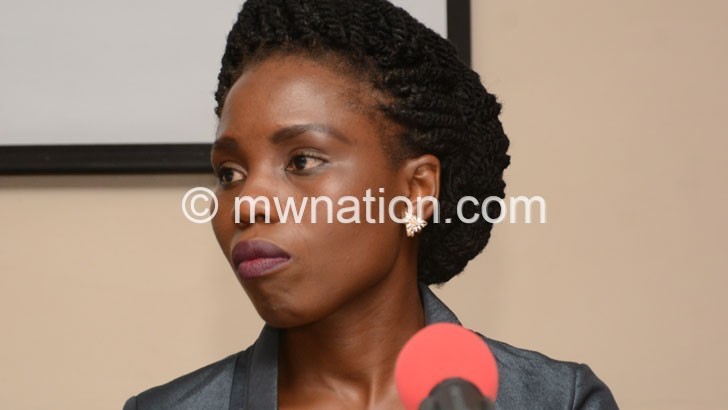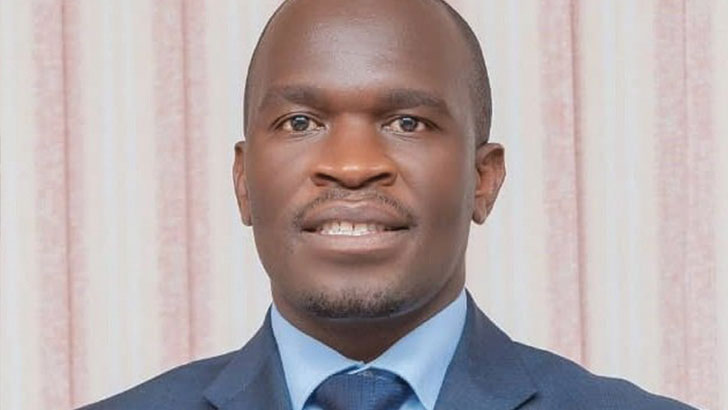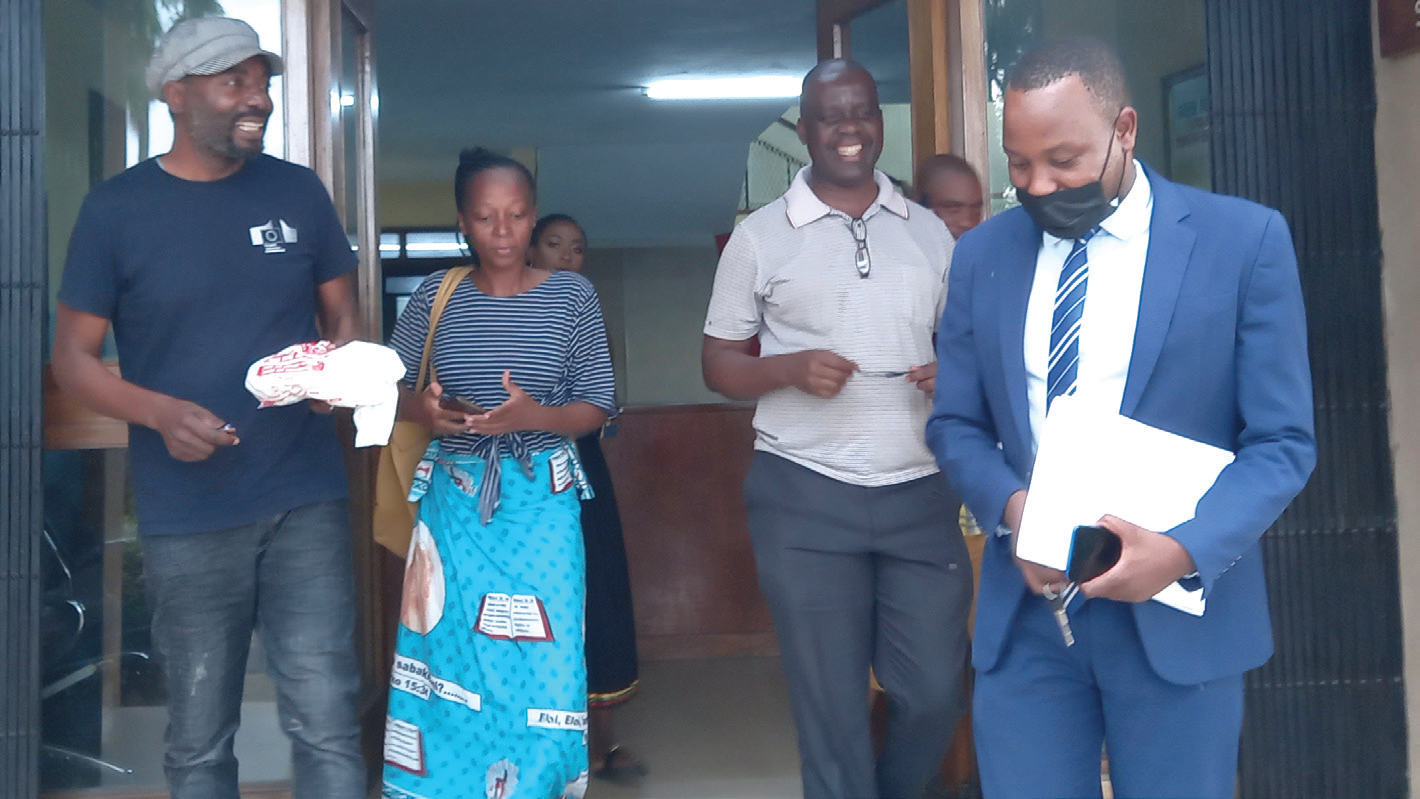AG, Misa meet over journalist’s arrest
Media Institute of Southern Africa (Misa) Malawi Chapter and Attorney General (AG) Thabo Chakaka-Nyirenda met in Lilongwe on Wednesday over the arrest of investigative journalist Gregory Gondwe to map the wayforward.
In a statement issued after the meeting held at Capital Hill, Misa-Malawi Chapter chairperson Teresa Ndanga said Nyirenda apologised for the events surrounding the arrest of Platform for Investigative Journalism (PIJ) managing director Gregory Gondwe and the confiscation of his laptop computer and mobile phone.

She said the AG committed that government will review archaic laws that restrict media freedom, freedom of expression and violate the right to privacy.
Reads the statement in part: “The laws in question include sedition laws and sections of Protected Flag, Emblems and Names Act which are usually used to punish government critics and are inconsistent with the Constitution of Malawi which guarantees freedom of opinion, freedom of expression and media freedom.”
When contacted last evening, the AG confirmed meeting Misa Malawi officials on Wednesday but was non-committal on the said apology.

“I can confirm that I had a meeting [with Misa], but no further comment,” he said.
The meeting was held hours after South-West Police Region Headquarters on Wednesday released Gondwe’s electronic gadgets that included a mobile phone and laptop. The items were confiscated when police raided and detained Gondwe at his office in Blantyre on Tuesday.
The release follows pressure from local and international organisations which condemned his detention and called for the immediate release of the gadgets.

In an interview on Wednesday, Gondwe said police called his lawyer Joseph Lohomo on Tuesday night to collect the gadgets
He said: “Their [Police] explanation in the first place was that they wanted to go through my laptop and a mobile phone to discover my communication and establish who my sources could have been.
“I went through some of my communications, what I noticed immediately was that they were snooping around my WhatsApp messages. I don’t know how much they have been looking around my private things in my phones which is an issue to do with privacy.”
Section 21 of the Constitution provides that every person shall have the right to personal privacy.
In a separate interview, James Kadadzera of National Police Public Relations Office said police impounded Gondwe’s gadgets as part of an investigation.
“He was not arrested, but we were interviewing him to help us with our investigations which the police are conducting. Secondly, we got hold of the gadgets as part of the investigation,” he said.
On Tuesday both local and international organisations as well as United States and United Kingdom governments condemned the detention.
On Wednesday, Malawi Human Rights Commission (MHRC), Political Science Association (PSA), Reporters sans Frontiers (RSF) from France, Global Investigative Journalism Network, and Committee to Protect Journalists (CPJ) from USA and Oxford Economics Africa, among others, joined in condemning the police action.
In its statement, MHRC chairperson Scader Lous urged the police to work to build and maintain public trust as well as ensure adherence to principles of human rights in discharging their duties.
On its part, PSA in statement co-signed by secretary general Makhumbo Munthali and publicity secretary Sellina Kainja said despite Gondwe being released by police, refusing to return the confiscated gadgets was a clear violation to right to privacy.





